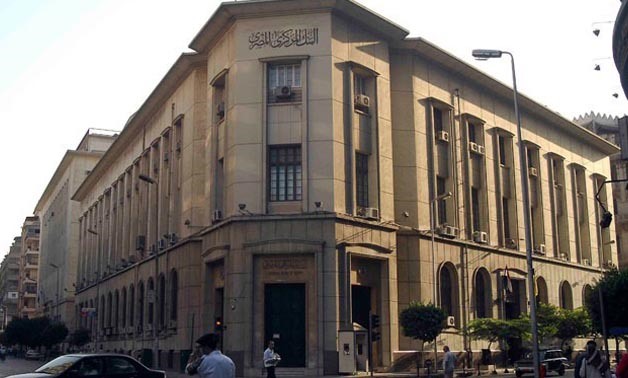
Central Bank of Egypt - File photo
CAIRO – 9 July 2017: Egypt’s decision to hike interest rates by 200 basis points sparked controversy among the business community, with some experts forecasting the move will further hike inflation, while others see it is in the right direction towards curbing inflation.
The Central Bank of Egypt (CBE) unexpectedly decided Thursday to raise interest rates by two percent. The Monetary Policy Committee (MPC) hiked the overnight deposit rate to 18.75 percent from 16.75 percent and the overnight lending rate to 19.75 from 17.75 percent.
Egypt is now re-building people’s savings, as per the second stage of the two-year economic reform program, financial analyst Hany Genina told talk show host Lamees Al Hadidi Saturday.
“The CBE move came to curb inflation, and this is the first time the CBE says the interest rate hike is temporary,” Genina said, adding that the CBE will be able to lessen inflation to 13% by the end of 2018.
Meanwhile, chairman of Union Capital Hany TawfiK said the decision is “catastrophic” because the current inflation rate is cost-driven and caused by a recession in the market.
“In all cases the inflation will ease to 13-15 percent by the end of 2018 because the effect of the flotation of the Egyptian Pound decrease by that time,” Tawfik said.
Tawfik added that high interest rates cripple the business community because it increases the cost of loaning for doing business.
Research group Capital Economics said in a research note this week the CBE’s move would temporarily push inflation up; however, it said it aims to tackle the expected rise in inflation as a result of hiking fuel prices by up to 55 percent and the introduction of new electricity tariffs, which saw increases between 18-35 percent.
Fuel and power price hikes are expected to add 1.5 percent to the headline inflation rate, Tuvey said. “However, over the next six to nine months this is likely to be more than offset by the unwinding of last year’s sharp drop in the pound,” Middle East economist Jason Tuvey said in the report.
The impact of the decision on Egypt’s budget is yet to be felt as the two consecutive increases in base rates this year were not taken into account in the state budget for the 2017/2018 fiscal year, deputy Finance Minister for Treasury, Mohamed Moeet told Reuters Saturday.
"We expect the interest rate decision to be a temporary measure to target inflation," Moeet said. "We expect inflation to fall in early 2018 and thus (can) begin cutting interest rates."
Comments
Leave a Comment